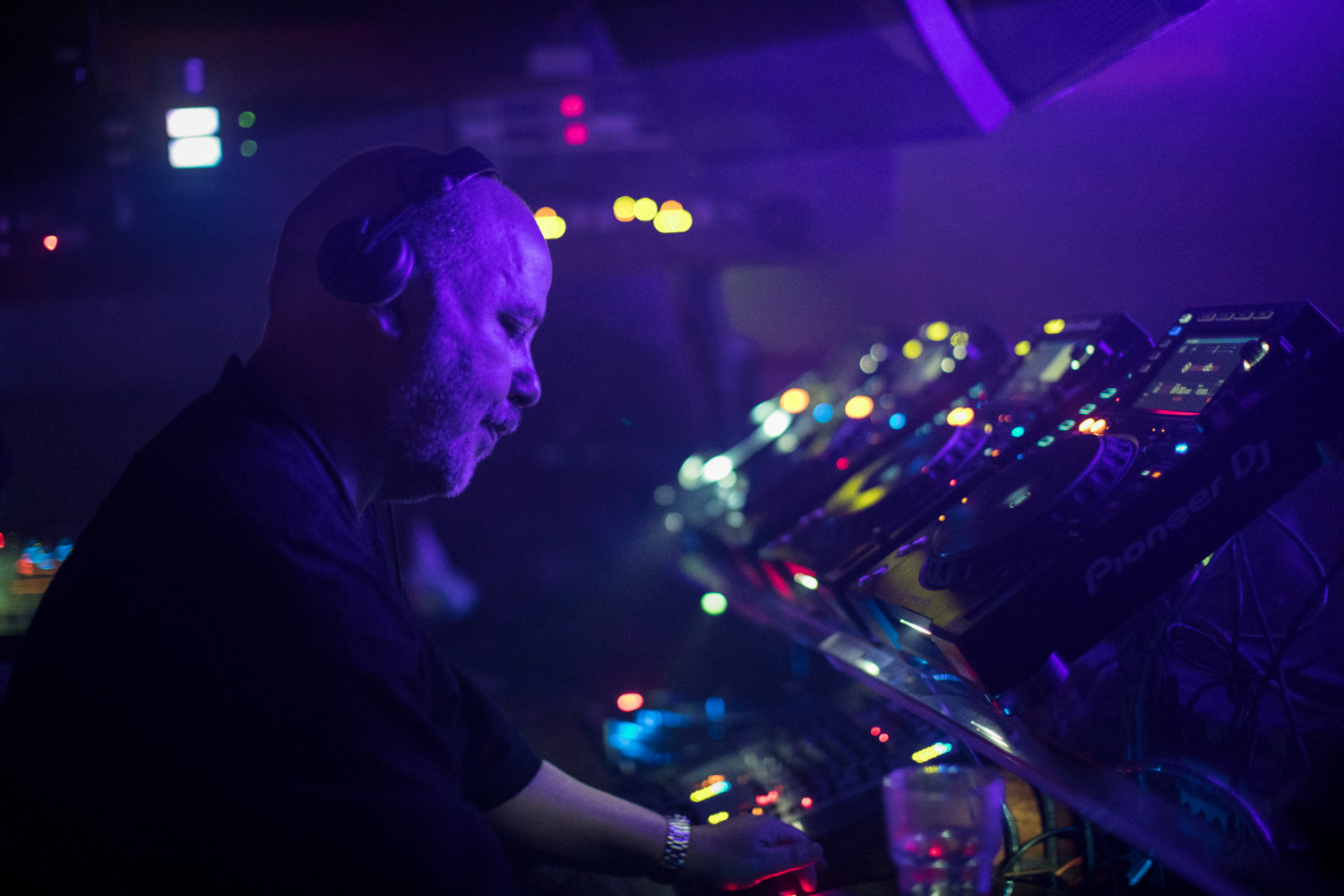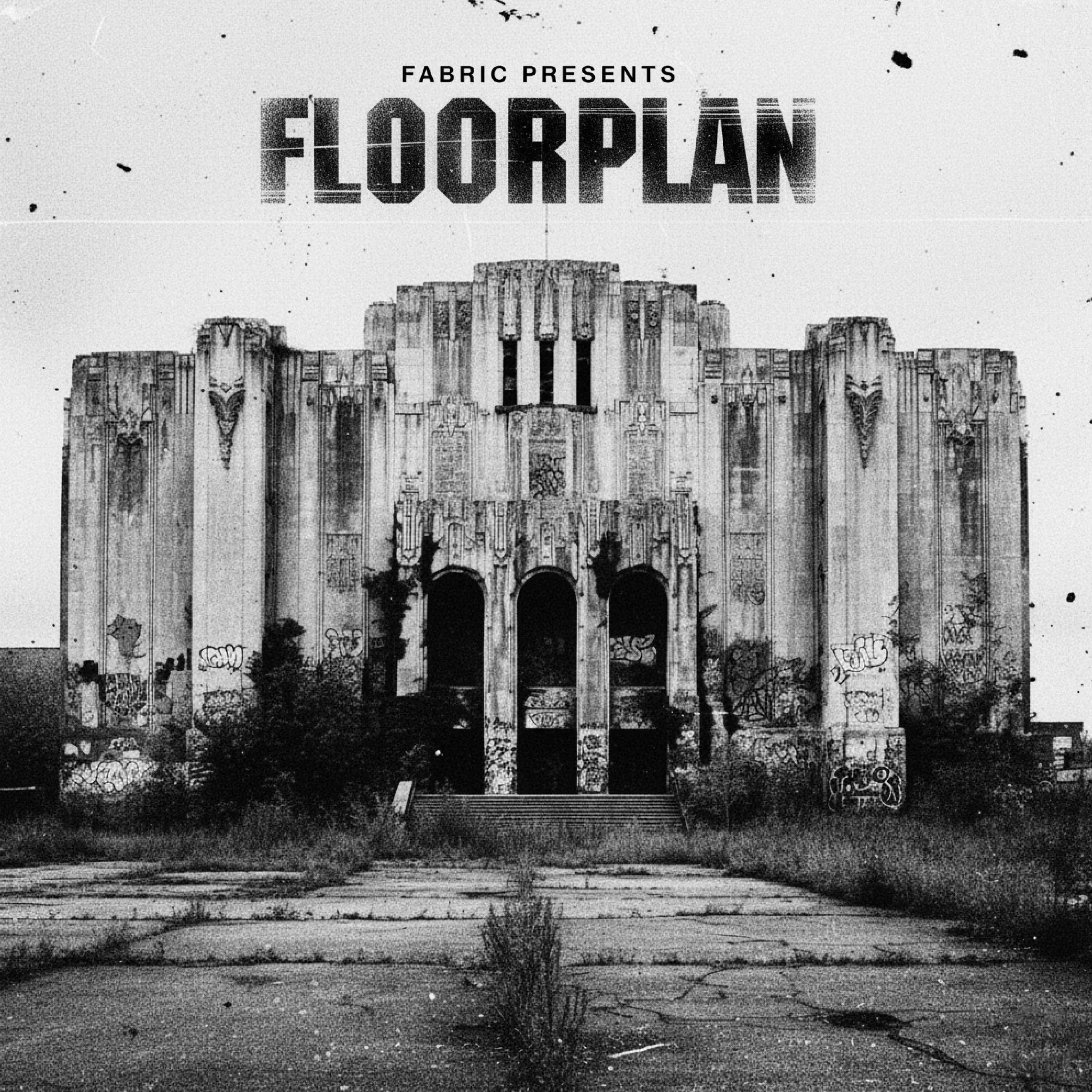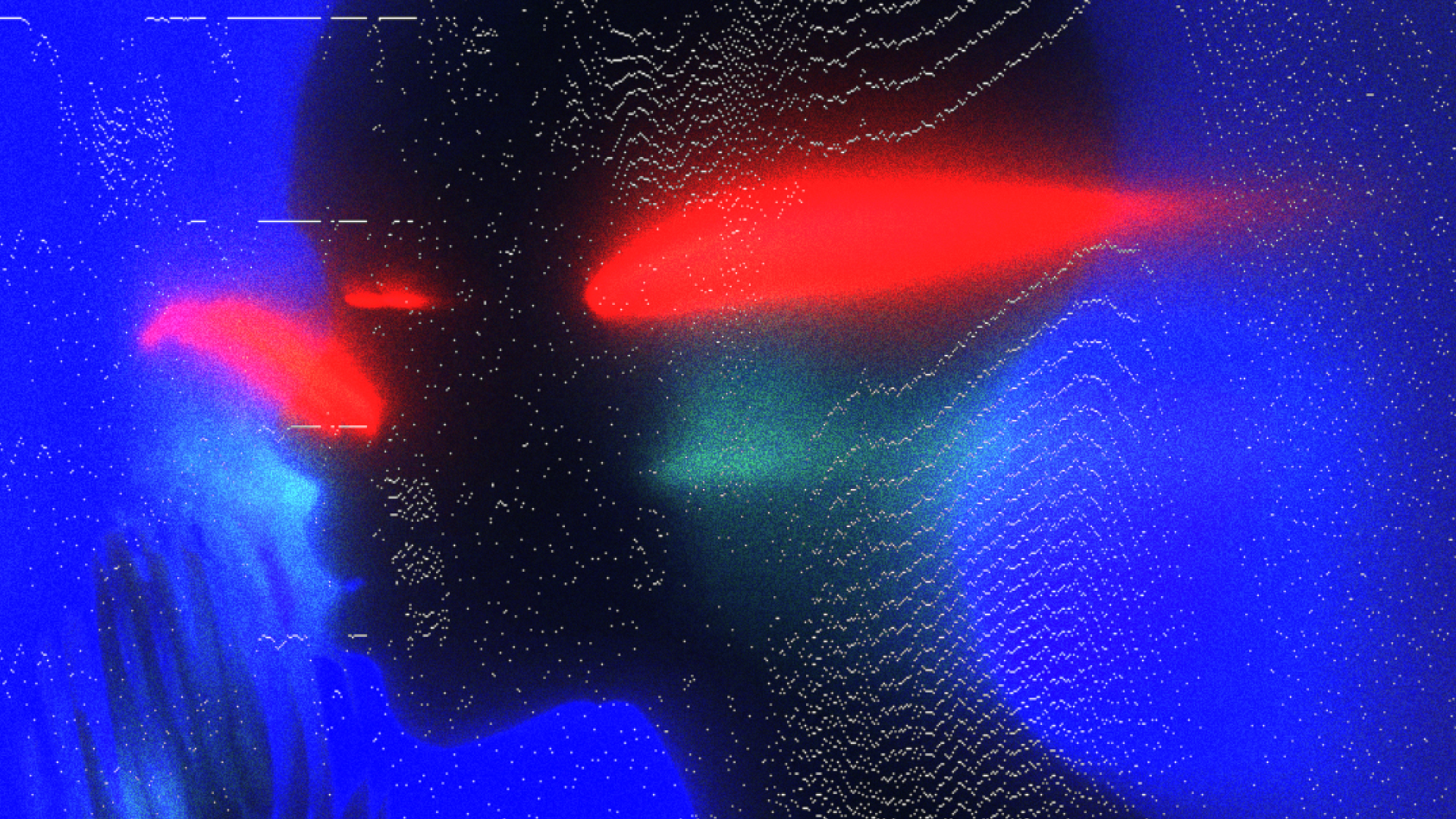News
In Profile: A Potted History of Thomas Melchior
 Experience is the best teacher, and within the tight confines of minimal house music this is truer than anywhere. Thomas Melchior cut his teeth in the early days of labels like Trelik and Playhouse, and remains one of the sound’s most important artists. Based in Berlin as part of the tight-knit Perlon label, he’s part of a small circle of DJs that have been earning their stripes in the city since the late 90s.
Here in the Farringdon office we have a particular soft spot for Melchior: along with Ricardo Villalobos and Baby Ford, he’s one of our favourite minimal producers in existence. Before he joins us in the club for fabric Halloween this Saturday, we got together to pick out some of the key moments of his career over the last two decades.
Experience is the best teacher, and within the tight confines of minimal house music this is truer than anywhere. Thomas Melchior cut his teeth in the early days of labels like Trelik and Playhouse, and remains one of the sound’s most important artists. Based in Berlin as part of the tight-knit Perlon label, he’s part of a small circle of DJs that have been earning their stripes in the city since the late 90s.
Here in the Farringdon office we have a particular soft spot for Melchior: along with Ricardo Villalobos and Baby Ford, he’s one of our favourite minimal producers in existence. Before he joins us in the club for fabric Halloween this Saturday, we got together to pick out some of the key moments of his career over the last two decades.
Lady Science (NYC Sunrise) – Soul Capsule [Trelik]
Between the years 1999 and 2001, Thomas Melchior and Peter Adshead first joined forces in the studio as Soul Capsule, releasing 3 EPs that would become blueprint releases for a then-emerging minimal house sound. They’ve put out music sporadically since then, but it’s their early work in particular that still resonates with people. Lady Science (NYC Sunrise) dropped on Trelik in 1999, and is probably the best thing either of the pair has done. There’s a lot that touches you across its 9-minute playtime: groaning organs and recurrent bleeps help make it equal parts emotive and majestic, while wistful (and occasionally distant) vocal cuts give it the nostalgia that so much minimal lacks. After a reissue on Trelik it’s not surprising this has been rinsed to death, but in the right hands it’s still the kind of track that can turn a good party into an unforgettable one.Law of Grace – Soul Capsule [Aspect Music]
Law of Grace is currently the most expensive Melchior record money can buy, but even on the hyper-inflated Discogs market that’s not without good reason. Everything rests on a few melancholic piano chords in the extended intro, but it’s not until the frantic hi-hat and snare refrain you get a sense of its magnitude. Then: zing! It’s that same piano that dragged across the intro, but somehow it feels so much more poignant the second time around.Come Closer (Dub) – Melchior Productions [Playhouse]
A lot of the best records on labels like Playhouse and Perlon can sound playful or trippy depending on how you play them, and Come Closer (Dub) must be one of the best examples of this ambidexterity. The bulk of the whole thing is underpinned by a dark rolling melody, but it’s still sleek and catchy thanks to shuffling clicks and sliced-up vocal cuts. It also featured in fabric 58 mixed by Craig Richards, an artist who pretty much embodies versatility.Solomon’s Prayer – Thomas Melchior & Luciano [Cadenza]
There was a time when Cadenza ruled the minimal airwaves, and Thomas Melchior was among its best producers. Everyone remembers Father from Melchior and Luciano’s first and only collaboration in 2006, but for us it’s the mindbending Solomon’s Prayer B-side that steals the show. But for all its minimalist experimentalism, the best parts of this overlooked weapon are actually surprisingly simple: the snares, clean and organic, sound as if they’re being squashed and struck live however many times you hear them. Add the Latino vocals, and it’s reminiscent of the type of minimal you hear in the hands of Ricardo Villalobos or Margaret Dygas.The Hope – Melchior Productions Ltd. [Perlon]
It’s difficult to think of a better compilation series in dance music than Perlon’s. Since the late 90s Zip has put out six Superlongevity compilations calling on the label’s all-star cast, where Melchior has almost always been a key fixture. Their 20-year anniversary edition from this year showed where the imprint’s at after so long, with longstanding affiliates like Baby Ford and Fumiya Tanaka sitting alongside younger signings Binh and Spacetravel. The Hope draws the series to a close, using twisted and meditative chords that recall some of Melchior’s best moments. 20 years into his career, it shows why he's one of Perlon’s best assets. More importantly, it forms part of a work that explains how they’re still one of dance music’s most respected labels.Tags
No items found.




